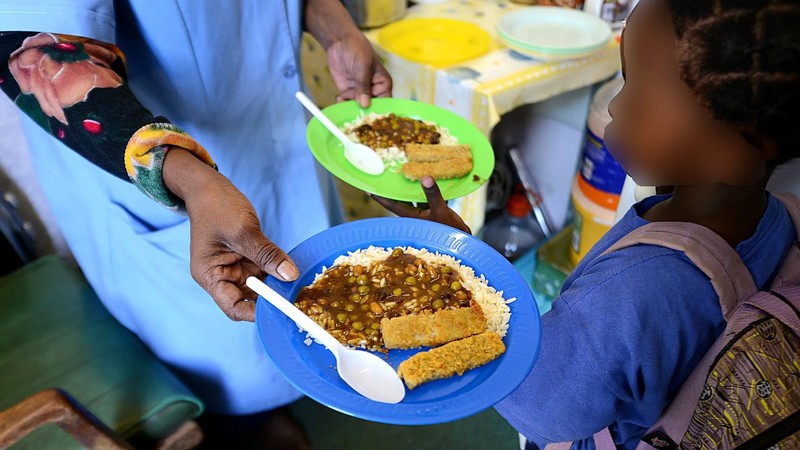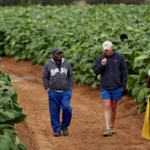South Africa is facing a public health crisis with a surge in foodborne illnesses, prompting the declaration of a national disaster under the Disaster Management Act 57 of 2002.
This unprecedented move by the National Disaster Management Centre highlights the seriousness of the outbreak, which has claimed 22 lives, including children, and resulted in nearly 900 reported cases since September 2024. The crisis has exposed glaring weaknesses in food safety regulations, municipal enforcement, and public awareness.
During a media briefing in Pretoria, Minister of Justice and Constitutional Development, Thembi Simelane, shared the government’s response plan to mitigate the outbreak and prevent future incidents.
Understanding the Crisis
Foodborne illnesses are caused by consuming contaminated food or beverages, often due to bacteria, viruses, parasites, or harmful chemicals. Symptoms range from mild stomach discomfort to severe, life-threatening complications, especially in vulnerable groups like children, the elderly, and those with weakened immune systems.
The current outbreak in South Africa stems from multiple factors, including poor food hygiene practices, inadequate waste management, and rat infestations. Rural and township communities, which rely heavily on informal food vendors, are particularly affected.
Why the Situation is Critical
According to the World Health Organization (WHO), foodborne illnesses affect 600 million people globally each year, leading to 420,000 deaths. However, South Africa’s case numbers are particularly alarming. Nearly 900 cases and 22 deaths in just three months signal a dire need for systemic changes.
Government Interventions
Standardising Municipal By-Laws
The government is expediting the implementation of standard by-laws focused on:
- Waste Management: Businesses must adhere to strict waste disposal protocols to reduce contamination risks.
- Recycling Practices: Promoting environmentally friendly methods to prevent pollution in shared spaces.
- Rat Control: Addressing rodent infestations, a key contributor to contamination, by regulating dangerous pesticides and chemicals.
Minister Simelane stressed the urgency for municipalities to adopt these by-laws to save lives.
Strengthening Health Regulations
The Department of Health is amending the Notifiable Medical Conditions Regulations, requiring all deaths of children aged 12 and under to be reported. This real-time data will improve tracking and prevention efforts.
Additionally, a Ministerial Advisory Committee is being established to develop medium- to long-term strategies for:
- Identifying high-risk populations.
- Proposing targeted health interventions.
- Recommending policy changes to enhance food safety standards.
Addressing Resource Shortages
The country faces a critical shortage of environmental health inspectors. These professionals are vital for monitoring food safety and enforcing regulations. Simelane assured the public that capacitating all municipalities is a top priority to ensure regular inspections and swift enforcement.
The Broader Impact
This crisis goes beyond health, touching on socio-economic inequalities. Low-income communities, where clean water and proper sanitation are scarce, bear the brunt of these outbreaks. Children in these areas face heightened risks, with malnutrition and food insecurity compounding the severity of foodborne illnesses.
Declaring this situation a national disaster is a crucial step in mobilising resources, raising awareness, and protecting South Africa’s most vulnerable populations.
How Individuals Can Protect Themselves
While the government is taking action, individuals must also play a role in safeguarding their health.
Practice Proper Food Hygiene
- Wash hands, utensils, and surfaces before preparing food.
- Cook meat and poultry to safe internal temperatures.
- Avoid cross-contamination by using separate cutting boards for raw and fresh foods.
Store Food Safely
- Refrigerate perishables promptly.
- Discard expired or spoiled items.
- Inspect food packaging for damage or contamination.
Report Unsafe Practices
- Notify authorities about unhygienic food preparation or storage practices in your community.
Moving Forward
The recent surge in foodborne illnesses underscores the need for systemic reform in food safety and public health. With coordinated government action and increased public vigilance, South Africa can address this crisis and prevent future outbreaks.












